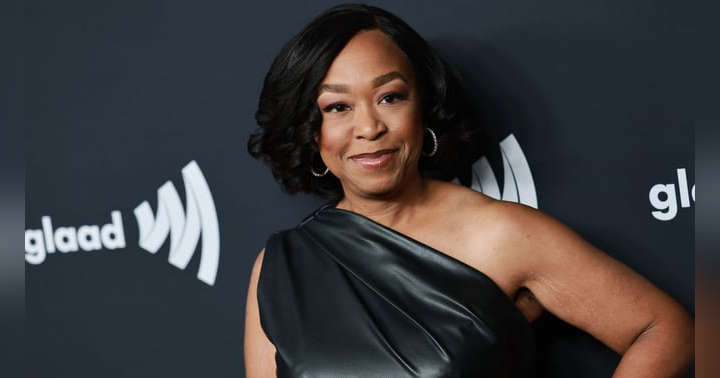From $200 to a Toy Empire: MGA’s Isaac Larian Shares His Playbook for Entrepreneurs

From Immigrant Hustler to Toy Tycoon
When Isaac Larian arrived in the U.S. at 17 with a few hundred dollars and no English, the odds weren’t in his favor. Fast forward a few decades, and he built MGA Entertainment into one of the world’s largest privately owned toy companies — creator of Bratz dolls, LOL Surprise, and other billion-dollar hits.
In a recent episode of How I Built This Lab with Guy Raz, Larian joined the “Advice Line” to coach three early-stage founders on their biggest business challenges. Along the way, he revealed lessons every wantrepreneur should hear.
1. Embrace Failure as the Price of Innovation
For every hit MGA produced, Larian estimates they had “ten failures.” His philosophy:
“You must embrace failure. I’m going to try, I’m going to fail, and I’m going to try again… until one hit, the chances are it will hit.”
This mindset frees entrepreneurs from perfectionism. Instead of fearing missteps, treat them as tuition for eventual breakout success.
2. Marketing Is a Moving Target
When Bratz dolls launched in the early 2000s, TV advertising drove sales. Today, kids discover toys on YouTube and TikTok. Larian’s advice: be a “chameleon.” Stay alert to shifting cultural platforms and pivot your marketing mix accordingly.
For founders, that means avoiding reliance on a single channel. What works today (say, Meta ads) may fade tomorrow.
3. Rethink Your Core Customer
When Megan Foster, founder of T is for Taught (a subscription box for early learning), asked how to scale brand visibility on a budget, she assumed her core customer was moms.
Larian pushed back:
“It’s not moms. It’s the grandparents… They want to take care of their grandchildren, and they have a lot more disposable income.”
That reframing opened a new growth path: targeting gift-givers rather than stressed parents.
4. Price Signals Value
Foster also revealed her kits sold for $38–$48. Larian urged her to raise prices, arguing that the psychological difference between $38 and $49 is negligible — and higher margins give more “marketing muscle.” Sometimes, charging more makes a product more desirable.
5. Grow Smart, Don’t Rush to Raise
Libby Mochan, co-founder of Fulton (sustainable cork insoles), has scaled to high seven figures since 2021. But growth brought cash flow strain.
Larian warned against raising capital too quickly:
“I am against giving a portion of my company to some stranger unless it’s absolutely needed. That partner should bring something to the table… not just the money.”
Both he and Raz advised Fulton to bootstrap as long as possible and, when ready, seek investors with retail relationships (like Target or Walmart) who can accelerate distribution.
6. Don’t Be Afraid to Rename
Finally, Robin Hall of Town Hall Outdoor Co. asked how to make a bold move. Larian’s blunt feedback: change the name.
“That name doesn’t resonate with the product you’re selling… Names matter.”
As proof, he recalled choosing “Bratz” — swapping an “s” for a “z” and adding a halo in the logo to spark buzz. For Town Hall, a kid-focused outerwear brand, a more playful, product-linked name could unlock recognition and growth.
7. The Long Game of Entrepreneurship
Asked what advice he’d give his younger self, Larian said he wouldn’t change a thing. Washing dishes, struggling through engineering school, and enduring setbacks all built the problem-solving muscle that made him a resilient founder.
Key Takeaways for Founders
- Fail forward: Ten failures may precede one hit.
- Adapt marketing constantly: From Nickelodeon to TikTok, the medium always shifts.
- Challenge assumptions about your customer: Sometimes the real buyers aren’t who you think.
- Price for strength: Higher prices can fund growth and increase perceived value.
- Bootstrap smartly: Don’t rush into equity deals without strategic alignment.
- Name matters: A resonant, memorable brand name is worth the risk to change.
Isaac Larian’s story is proof that resilience, adaptability, and bold thinking can turn even the smallest beginnings into industry-shaping empires. Whether you’re building toys, kits, or kids’ outerwear, his advice rings true: be a chameleon, embrace failure, and play the long game.





